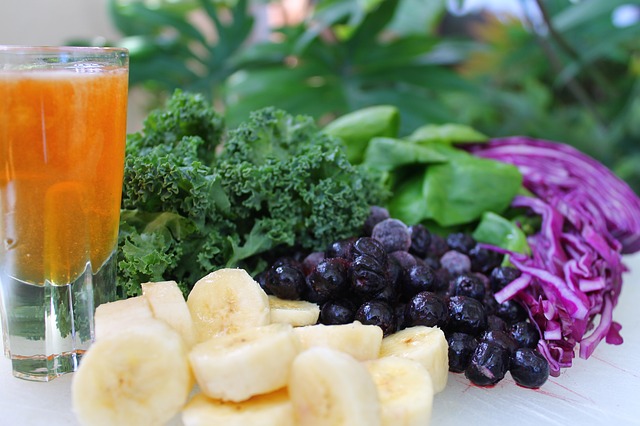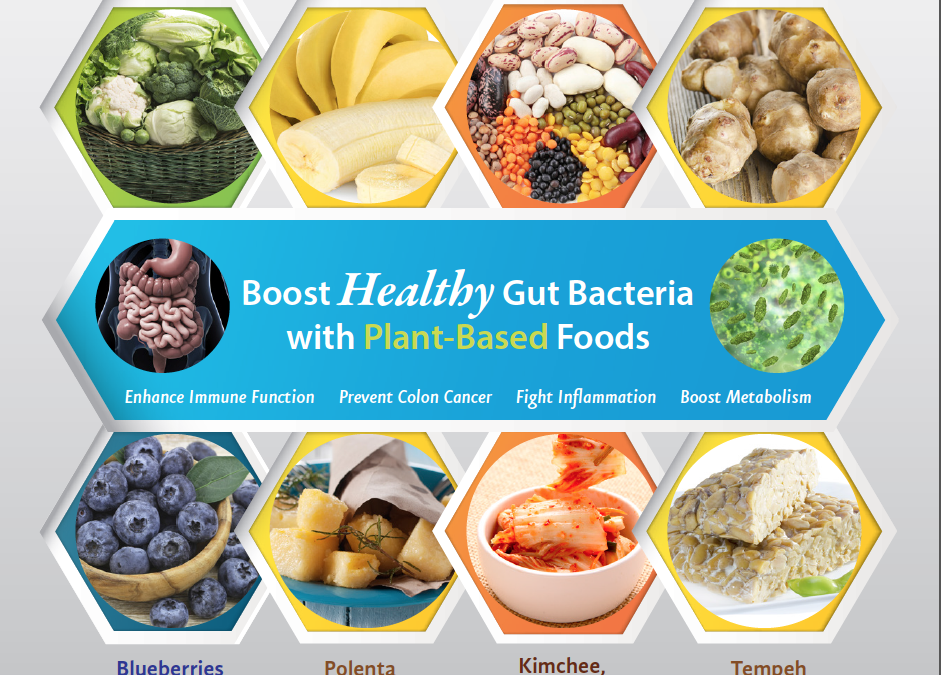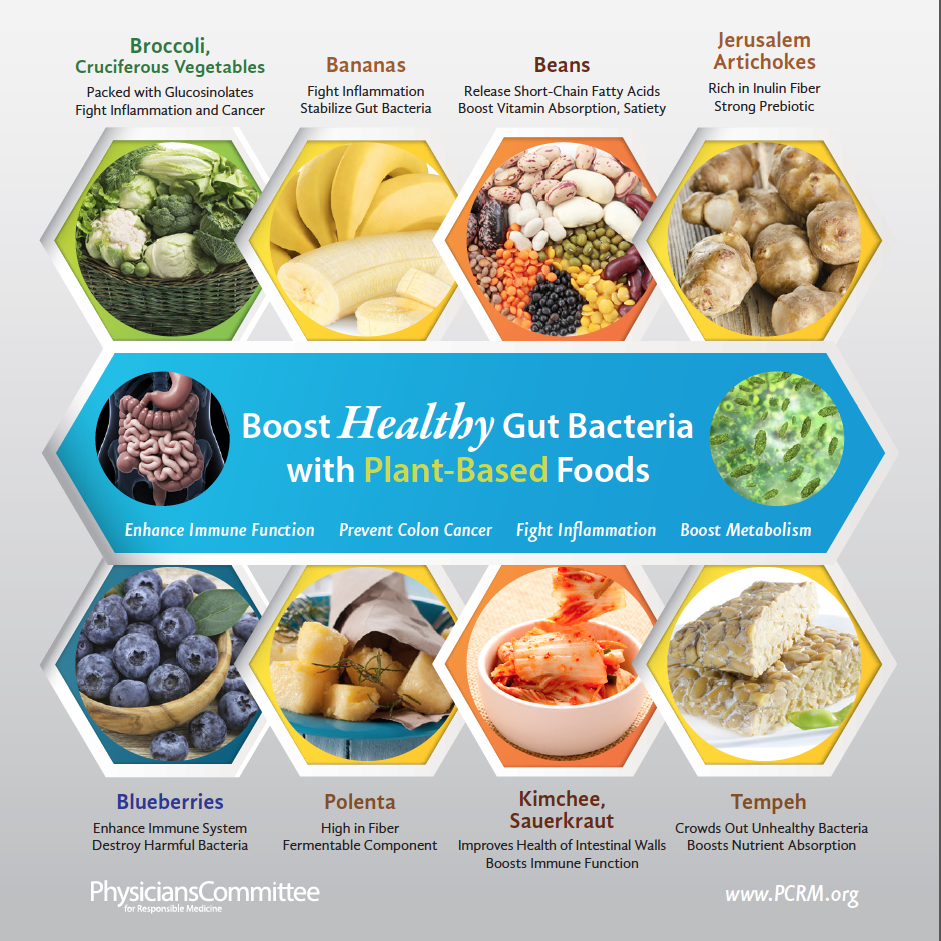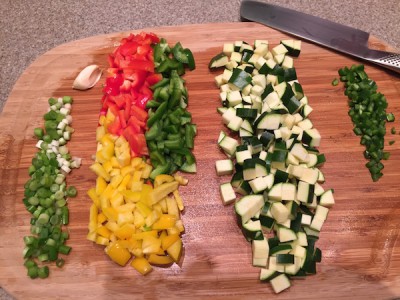
by plant4health | May 21, 2015 | cancer, grocery shopping, Nutrition, Plant-based, Recipes, Vegan, WFPB, Whole food, Whole food, plant-based
 Last week, I was talking with a friend who desperately wants to change her diet but can’t seem to take that first step. According to her doctor, if she doesn’t start making some changes soon, she will be destined for heart disease, stroke, chronic arthritis and/or diabetes as she moves towards her 60s. Over the last few years, she’s gained a few pounds, begun experiencing chronic joint pain, and is battling fatigue as she tries to maintain the high energy her busy lifestyle demands. She went to the doctor thinking her symptoms were signaling the beginning of menopause that hormone therapy might ease, only to learn that she is in the “high risk” category for the most popular illnesses that lead to death and disability in the United States.
Last week, I was talking with a friend who desperately wants to change her diet but can’t seem to take that first step. According to her doctor, if she doesn’t start making some changes soon, she will be destined for heart disease, stroke, chronic arthritis and/or diabetes as she moves towards her 60s. Over the last few years, she’s gained a few pounds, begun experiencing chronic joint pain, and is battling fatigue as she tries to maintain the high energy her busy lifestyle demands. She went to the doctor thinking her symptoms were signaling the beginning of menopause that hormone therapy might ease, only to learn that she is in the “high risk” category for the most popular illnesses that lead to death and disability in the United States.
My friend is not obese nor is she a junk food addict. Actually, before this wake up call, she thought she was living a pretty healthy lifestyle; she always eats a salad with meals, orders whole grains and organic meat when dining out, avoids all fast-foods, and always declines the pastries and sweets offered at business meetings and parties. However, the hidden fats, carbs, salt and sugar from the foods she has been eating, combined with her limited amount of exercise was starting to take its toll.
(more…)

by plant4health | Mar 10, 2015 | Nutrition, Plant-based, Vegan, WFPB, Whole food, Whole food, plant-based

PCRM’s Infographic “Boost Healthy Gut Bacteria with Plant-Based Foods” www.pcrm.org
Your digestive system plays a crucial role in your healing process. This complex series of organs and glands break down the food you eat into nutrients that your body can absorb, using them to provide energy, heal and fight off disease. It then releases the toxic waste your body doesn’t need. As a result, it is essential for those with chronic illness and disease to pay close attention to their digestive health as a part of their healing process.
The foods you eat, your stress level and overall health all play a role in the effectiveness and health of your digestive system. This has been known since ancient times. The two oldest systems of medicine, traditional Chinese and Ayurveda, both focus on digestion as one of the key factors that influence heath, directing their healing efforts on the link between a person’s digestive system and their mental and physical well-being.
The biggest factors that contribute to poor digestion are:
- Chronic stress
- Diets low in fiber and high in processed foods, wheat, simple carbohydrates and sugars
- Chronic infections
- Antibiotics
- Non-steroidal anti-inflammatories (NSAIDs)
- Overuse of acid blockers (Prilosec, Nexium, etc)
- Low grade food allergies (dairy, eggs, corn)
Signs that your digestive system is out of balance:
- Gas
- Bloating
- Headache
- Burping
- Reflux
- Neck, shoulder, mid/lower back pain
- Fatigue following a meal
- Abdominal distention
- Constant hunger
- Bowel irregularity
Fortunately, there are several things you can do to bring your digestive system back into balance:
- Improve your gut flora: Your gut flora is made up of microorganisms that live in the digestive tracts and help your body digest and absorb nutrients and fight against intruders. Healthy flora is critical for whole body health. Your body cultivates new flora every 24 hours through the foods you eat. This healthy bacteria that lives in your intestinal tract thrives on colorful, plant-based foods such as cruciferous vegetables, bananas, beans, Jerusalem artichokes, blueberries, polenta, kimchee & sauerkraut and tempeh. PCRM has created a wonderful infographic that shows the properties of these foods that support healthy digestion titled Boost Healthy Gut Bacteria with Plant Based Foods. Learn more about how to restore your gut flora.
- Eat plenty of fiber – Fiber is important in maintaining regular bowel movements so toxins don’t build up and become reabsorbed into your body. Fiber is found in vegetables, fruits, grains and legumes. There are two kinds of fiber: Soluble fiber (i.e oatmeal, nuts, beans, apples and blueberries) slows down digestion as it breaks down into a gel in your intestines Insoluble fiber (i.e. seeds, grains, stringy parts or skins of plant matter) speeds up digestion as it passes through the body mostly intact . It is important to have both types of fiber in your diet.
- Drink plenty of water – water helps your body flush out toxins through your digestive system and softens stools. Fiber, like a sponge, absorbs water. A high fiber diet without enough fluid intake will cause constipation, resulting in the malabsorption of nutrients and the reabsorption of toxic waste that was delayed in being removed from the body.
- Manage your stress – when under stress, your body experiences the “flight or fight” response causing your central nervous system to shut down blood flow, this affects the contractions of your digestive muscles and decreases secretions needed for digestion. Stress can also result in inflammation of the gastrointestinal system. Some useful tools for distressing are: exercise, yoga, meditation, visualizations, deep breathing, spending time with friends or family, laughter, or communing with nature. Find what works for you. It can be as simple of learning to give yourself a “time out” when feeling overwhelmed to scheduling “me” time everyday to enjoy an activity you love. Learn more about stress and digestion.
- Exercise regularly – Aerobic exercise increases your breathing and heart rate, helping to stimulate the natural contraction of intestinal muscles. This doesn’t mean you should perform aerobic exercise after a large meal. Because digestion requires a large amount of blood flow, strenuous exercise right after a meal will stop digestion by redirecting the blood flow to support the increased need for physical activity. Instead, consider enjoying a slow leisurely walk which can actually stimulate digestion and relieve bloating.
- Take time to enjoy the your meal – When you eat too quickly your food is not broken down as well by chewing and the acid-neutralizing saliva that helps the food pass into your stomach is significantly diminished. This creates the perfect environment for heartburn and indigestion. Lingering over a meal with friends and family, chewing carefully and eating mindfully are important steps in creating healthy digestion.
- Sip on ginger tea. Ginger’s ability to relax the intestine muscles has made it a popular cure for stomach issues. However, it does so much more. According to the Chopra Addiction and Wellness Center, “a recent study in the European Journal of Gastroenterology and Hepatology found that ginger stimulates digestion by speeding up the movement of food from the stomach into the small intestine, and helps eliminates digestive discomfort after eating. In addition, ginger can stimulate saliva, bile, and gastric enzymes to aid in digestion of the food that has been ingested. “ They suggest drinking ginger tea regularly throughout the day by adding one teaspoon of grated or sliced fresh ginger root to a cup of hot water.
If you want to learn more, check out these articles:

by plant4health | Jan 29, 2015 | Nutrition, Plant-based, Vegan, Whole food, plant-based
In response to many requests for detailed information on how to eat a low glycemic alkaline diet to reverse disease, we have developed this Healing with Food: Menu Guide. We’ve experienced first hand how focusing on nutrition, alkalizing the body, and eating only whole plant-based foods reverses cancer. Read our story.
Our website has many wonderful resources about the benefits of a plant-based diet and the importance of balancing your pH during the healing process and in maintaining perfect health.
We’d love to hear from you about your experience eating a plant-based diet. Contact us to share your story.
Follow our blog and join us as we learn how to be healthy from the inside out.
by plant4health | Jan 19, 2015 | Nutrition, Plant-based, Vegan
Where do you get your protein? That’s a question most of us who have transitioned to a vegan, whole foods plant-based diet are asked by concerned or inquisitive family and friends.
The answer is, plants! Plants provide all of the protein our bodies need to thrive.
Along with the other macronutrients (carbohydrates and fat), protein is necessary for human survival. Protein is built from twenty amino acids, of which our body makes 11, leaving 9 that we need to get from food (called essential). Plant-based foods contain all of the essential amino acids our bodies need to make high quality protein. (more…)

 Last week, I was talking with a friend who desperately wants to change her diet but can’t seem to take that first step. According to her doctor, if she doesn’t start making some changes soon, she will be destined for heart disease, stroke, chronic arthritis and/or diabetes as she moves towards her 60s. Over the last few years, she’s gained a few pounds, begun experiencing chronic joint pain, and is battling fatigue as she tries to maintain the high energy her busy lifestyle demands. She went to the doctor thinking her symptoms were signaling the beginning of menopause that hormone therapy might ease, only to learn that she is in the “high risk” category for the most popular illnesses that lead to death and disability in the United States.
Last week, I was talking with a friend who desperately wants to change her diet but can’t seem to take that first step. According to her doctor, if she doesn’t start making some changes soon, she will be destined for heart disease, stroke, chronic arthritis and/or diabetes as she moves towards her 60s. Over the last few years, she’s gained a few pounds, begun experiencing chronic joint pain, and is battling fatigue as she tries to maintain the high energy her busy lifestyle demands. She went to the doctor thinking her symptoms were signaling the beginning of menopause that hormone therapy might ease, only to learn that she is in the “high risk” category for the most popular illnesses that lead to death and disability in the United States.


